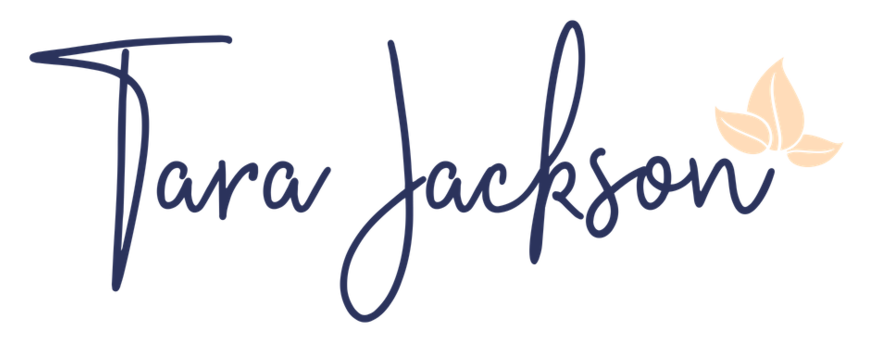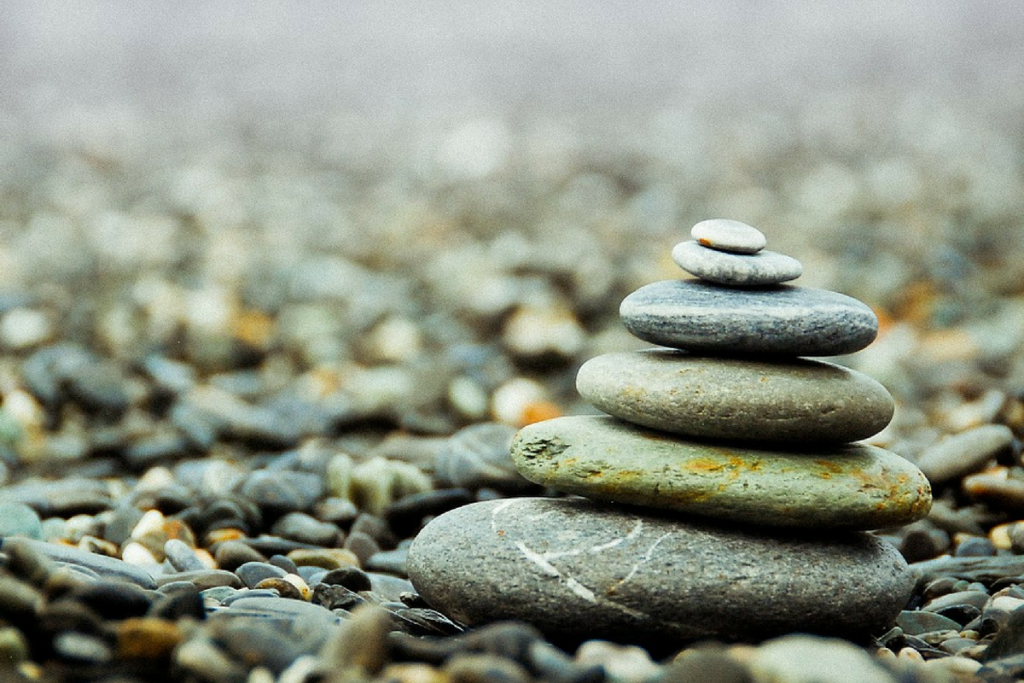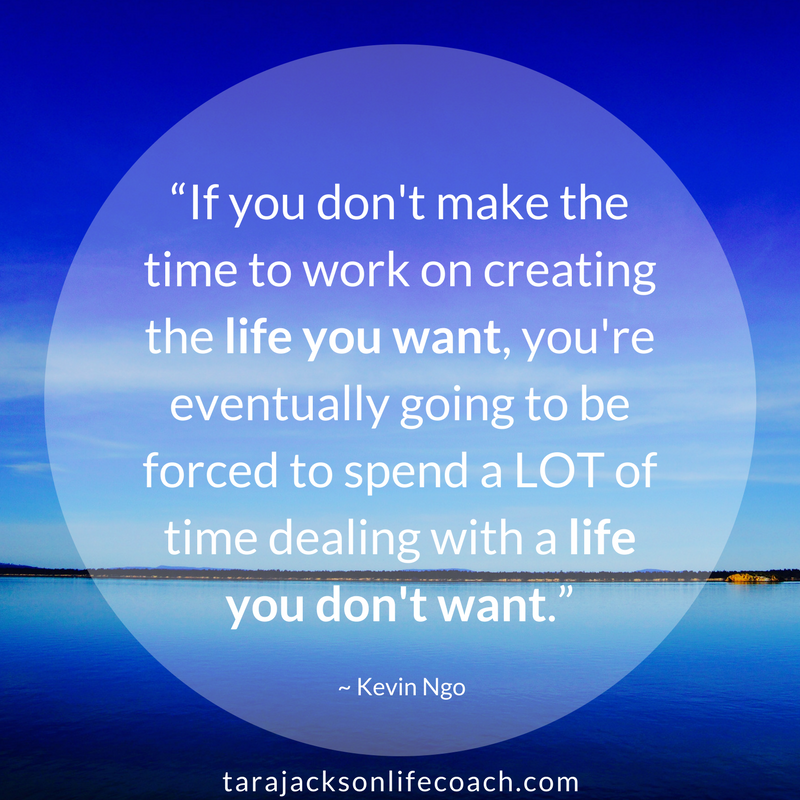When we talk about accountability, we often focus on holding others accountable. However, in my experience the most important type of accountability is personal. In fact, I believe that personal accountability is the key to the life you want, the change you want to make. Some people tend to naturally have a higher level of personal accountability than others, but it can be learned. Personal accountability is habitual. It is the foundation we need to successfully build the life that we want, and a prerequisite for a happy and thriving life.
What is personal accountability?
Personal accountability is the full acceptance that you are in charge of your own choices, actions (or lack of), and results (whether you like them or not). Do things happen to us that are completely out of our control? Yes. Of course. All the damn time! But even in those moments we retain control of how we choose to respond to it. Personal accountability allows us to ensure we remain in the drivers seat.
There are three parts to personal accountability:
- The commitment to yourself to follow through on the things that you say you are going to do.
For example: getting out and exercising regularly if you have told yourself you want to get fit.
- Taking ownership of your response to the things within and out of your control.
For example: when you notice that you have difficulty committing to exercising in the mid-day heat, instead of telling yourself “it’s just too hot to exercise” you change the time that you exercise.
- Taking responsibility for the results that come from your actions (or inaction).
For example: when you miss a scheduled work out, you own up to that (no excuses), pay attention to the consequences, and use that to motivate yourself for the next workout.
Equally, when you do get out regularly, and you notice the positive results that you are getting, you own up to that too and accept that that was your doing!
What are the benefits of personal accountability?
Here are the 3 most important benefits that we gain from increasing our personal accountability:
1. Decreased stress
In her book ‘The 85% Solution: How Personal Accountability Guarantees Success’ Linda Galindo says:
“… a lack of personal accountability is at the heart of chronic stress. It saps us of productivity. It wastes our time. It makes us less satisfied with our jobs, our relationships, and ourselves.” (page 231)
When we are personally accountable we have less stress and less worry because we are in control. You know that you have done the best that you can. If for some reason you haven’t, instead of getting derailed by that you are able to own it, learn from it, and move on.
2. Increased productivity
With personal accountability you know what you need to do, you are more focused, and you have a better awareness of where you are at. This allows you to better ensure you do not over commit yourself. As a result, you will decreases stress. Yippee! Being personally accountable will allow you to better use your time, with less procrastinating (because we typically procrastinate when we are harboring fear of failure, blaming, and therefore not being personally accountable), and more well thought out action.
3. Builds trust
Personal accountability builds trust. This is huge. It builds trust with others because you follow through with people. You become a reliable friend, partner, colleague, parent etc. Most of all, you build trust with yourself. Self-doubt is deeply tied with our trust and respect levels for ourselves. Think about it. If you often say to yourself that you will do something, then don’t, or refuse to take ownership of the results (desired or not), then your trust levels dwindle away to zilch. Without trust there is no respect, and without respect there is no belief, and without belief there can be no big positive action.
Being personally accountable will build trust within yourself, and with others, leaving you with stronger relationships, stronger self-belief, and therefore in a much stronger place to take positive action. We need to feel safe within ourselves to enable us to take bold action, make mistakes, and learn along the way.
How do we build personal accountability?
“Until one is committed, there is hesitancy, the chance to draw back.”
– William H Murray
Remember, personal accountability can be learned, but for some it may be a slow learning progress. Here are some tips to get you started:
Acknowledge where you are at
Take a moment to acknowledge where you are at right now.
- How accountable are you in your follow through? Do you typically do what you say you are going to do?
- When challenges come up, do you typically react, or respond?
- Do feel like life happens to you, or do you determine your direction in life?
- How do you tend to respond to the results that you get from your actions? When they are the results that you wanted? When they are results that you didn’t?
Your responses to these questions will give you an idea of where you are at. Trust your gut. And whatever comes up, be gentle on yourself. Because this is the first step to increasing your personal accountability, and the simple act of answering these questions honestly to yourself means you are being personally accountable. Own it!
Make a conscious choice
Make a conscious choice to shift your perspective, mindset, and response. Choose one area of your life to practice more personal accountability. Do you want to focus on follow through? On responding more than reacting? On taking ownership for your results? Make the conscious choice to do it, make it a focus, and the habit will grow.
Find an “accountability buddy”
External accountability can help us to learn personal accountability. Tell them what you are going to do, and allow them to ask you about your progress. Make a commitment to be honest with your answers. No excuses! However, be mindful that you do not allow external accountability to replace personal accountability. Your “accountability buddy’s” job is to prompt you to on your journey, rather than judge your progress or determine your direction.
Get a coach or mentor
I know, I am biased! But seriously, a coach’s role is to take you on this journey. This is (one of many reasons) why I have a coach. Coaching is about empowering people to make their own choices, define their own direction, and establish the habits that allow them to follow through. It is about providing the opportunity to allow a person to get to know themselves, explore their uniqueness, and finally to enable them to use that to flourish amidst the challenges. It is about facilitating and supporting a person to the point where they are self-sufficient and personally accountable within their own thriving life.
What now?
I am a firm believer that you are the expert in your life. When we are honest with ourselves, we know the best course of action at some level. So what areas of your life would you like to see change in? Therefore what can you do to increase your personal accountability to make this happen? I shared a quote earlier in the week over on facebook, and I am going to share it again because I think it is just that important.
“If you don’t make time to work on creating the life you want, you’re eventually going to be forced to spend a LOT of time dealing with a life you don’t want.”
– Kevin Ngo
If you want some support creating the life that you want, grab your FREE zero obligation clarity chat session and start investing in your life now. You get the chance to test if coaching is the right option for you, and together we can discuss the best course of action moving forward. Claim yours here





